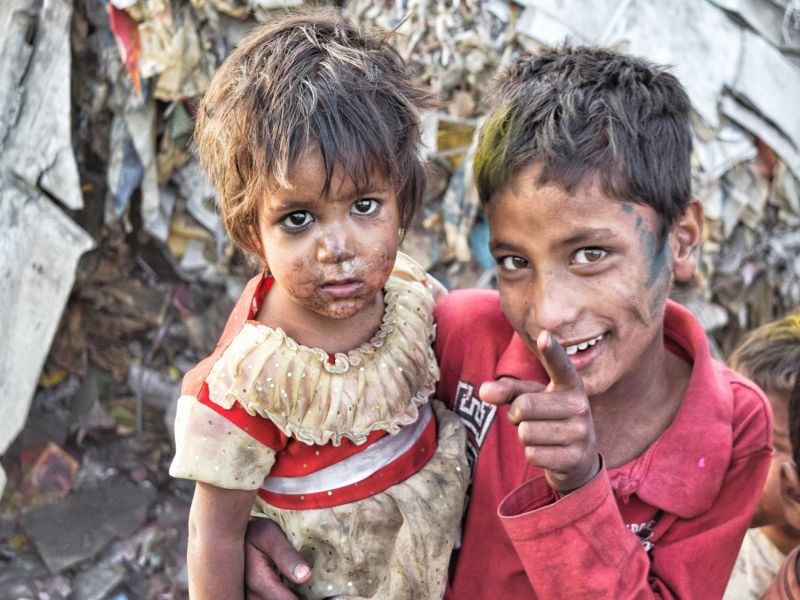An Overview Of Government’S Poverty Alleviation Policies And Programmes
The Successive Governments Have Always Claimed That Pakistan Is Essentially A Welfare State. This Commitment Has Been Reflected In Different Development Plans. The Constitution Of The Country Has Assigned A Special Importance To Promoting General Welfare Of The People With A Focus On Alleviation Of Poverty. The First Constitution Of 1956 Country Made A Clear Mention Of This Fact. The Subsequent Constitutions Reiterated This National Commitment. The 1973 Constitution Which, After Some Amendments, Still Continues To Be The Mother Source Of Socioeconomic Policies Of The Country Has Laid Down Clear Guidelines Of Conceptualising Poverty. Its Article 38 Captioned Promotion Of Social And Economic Well-Being Of The People Mentions That The State Shall Secure The Well Being Of The People By Raising Their Standard Of Living, By Preventing The Concentration Of Wealth And Means Of Production And Distribution In The Hands Of A Few. The Article Also Provides That The State Shall Provide Basic Necessities Of Life, I.E. Food, Clothing, Housing, Education And Medical Relief For All Subjects. It Also Makes It Obligatory On The Part Of The State That The People Would Be Provided Suitable Job Opportunities So That They Could Be Involved In The Development Process. The State Is Also Obliged To Reduce Disparities In The Income And Earnings Of Individuals. Article 37 Of The Constitution Specifies How The State Should Play Its Role In Human Development By Providing And Promoting Education Facilities And Removing Illiteracy.




